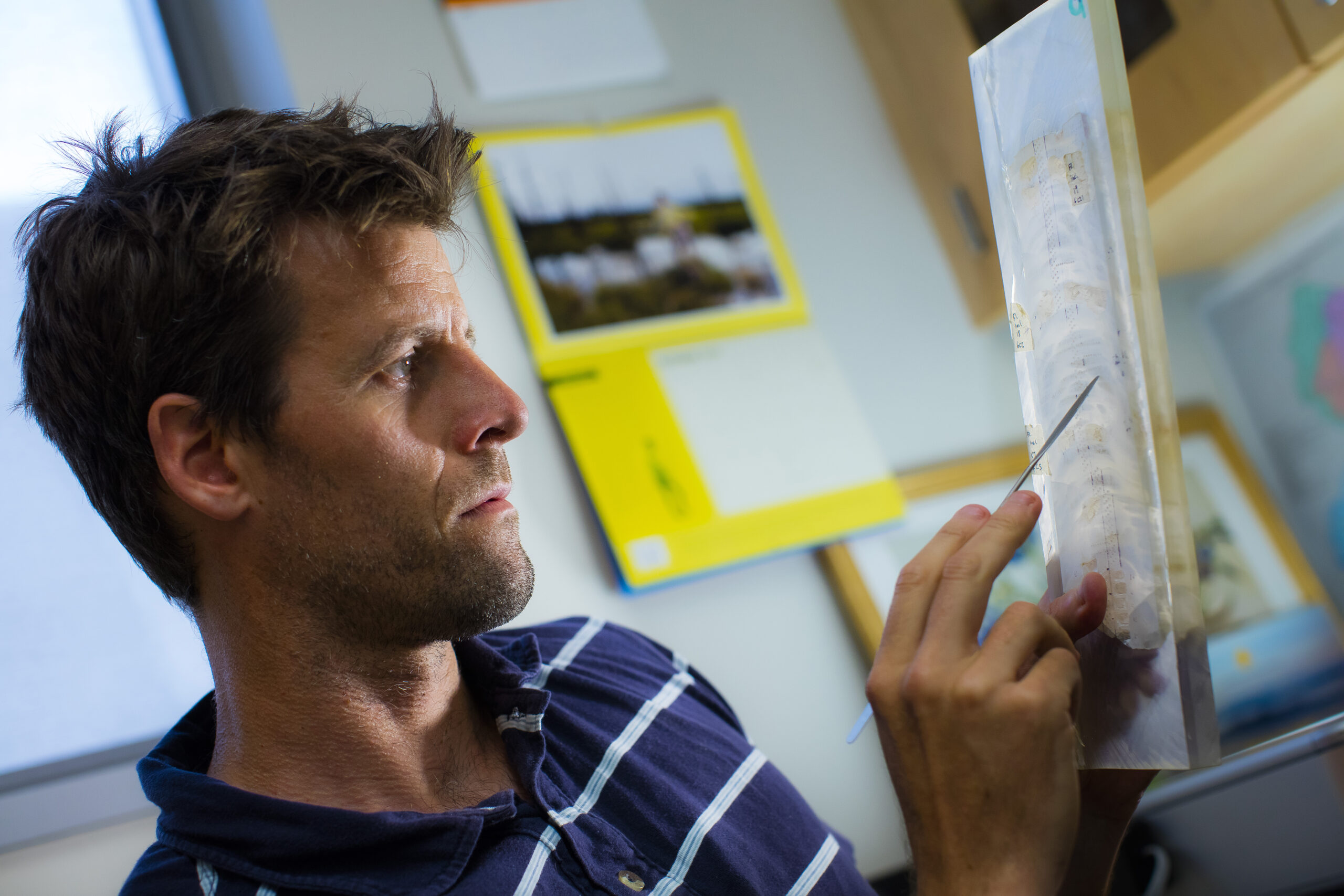ABOUT
Michael Griffiths (he/him) is a professor of environmental science at William Paterson University and director of the Past Climate and Ecosystems Lab. His research interests can be divided into two key areas: (1) the first is centered around the use of biogeochemical tracers in sedimentary archives (e.g., cave deposits, terrestrial and marine fossil teeth, corals) to explore changes in Earth’s biogeochemical cycles and by extension evolution of the earth’s systems. He is particularly interested in building records of past environmental, climatic, and ecological change over various time scales ranging from the last few hundred years to the last ~100 million years; (2) the second is primarily focused on utilizing climate model simulations of the past to assess mechanisms, test hypotheses, and in turn help to answer fundamental questions in climate science.
Michael completed his B.S. in Geosciences at the University of Wollongong in 2004, his M.S. in Geosciences at the University of Massachusetts in 2006, and Ph.D. in Physical Geography at the University of Newcastle (Australia) in 2010. He did his postdoctoral work at the University of California Irvine where he was a NOAA/UCAR Climate and Global Change Postdoctoral Fellow. He has published his work in high-impact journals, including Science, Science Advances, Nature Geoscience, Nature Communications, and Proceedings of the National Academy of Sciences. His work has been featured in media outlets around the world, including The New York Times, The Independent, National Geographic, CNN, BBC, New Scientist, and Scientific American. He has received funding from the National Oceanic and Atmospheric Administration, National Science Foundation, and the American Chemical Society.
Outside the lab and classroom, Michael (‘Mick’) spends his time with his family, riding waves and mountains, exploring caves in the remote jungles of southeast Asia, and visiting his homeland of Australia.

